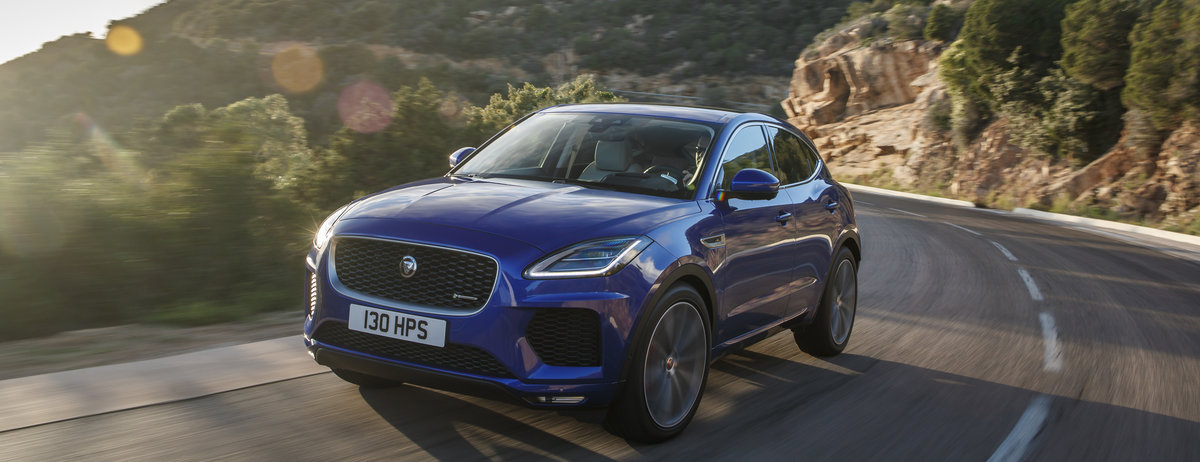
JAGUAR LAND ROVER REPORTS THIRD QUARTER RESULTS FOR 2018/2019 FINANCIAL YEAR
Jaguar Land Rover Automotive plc, the UK’s largest vehicle manufacturer, today reported financial results for the three-month period ending 31 December 2018.
Retails for the quarter were 144,602 vehicles, compared with 154,447 a year ago, primarily as a result of continued challenging market conditions in China, offset partially by encouraging growth in North America and the UK. The company’s sales in Europe were up slightly, despite an 8% drop in the overall market. In the three-month period, sales increased for the new Jaguar E-PACE and the electric Jaguar I-PACE as well as the refreshed Range Rover and Range Rover Sport, while the slowdown in China accounted largely for lower sales of other models.
The company reported revenues of £6.2 billion and a pre-tax loss before exceptional items of £273 million (EBIT margin -2.6%) for the quarter. The financial results mainly reflect lower sales in China and higher depreciation and amortization of investment expenses. The third quarter was also impacted by one-off factors including costs related to planned reduction in inventories, warranty reserve adjustments and currency and commodity revaluation.
The automotive industry is facing significant market, technological, and regulatory headwinds. At the same time, investment in new models, electrification and other technologies remains high. Given the muted demand scenario and the associated impact on the financials, Jaguar Land Rover has concluded that the carrying value of capitalised investments should be adjusted down, resulting in a non-cash £3.1 billion pre-tax exceptional charge and an overall pre-tax loss of £3.4 billion for the quarter.
Jaguar Land Rover realised £500 million of cash improvements through the ‘Charge’ programme in the third quarter. As part of its plans to achieve £2.5 billion of investment, working capital and profit improvements by March 2020, the company announced in January that it would reduce its global workforce by 4,500 people. This is expected to result in a one-time exceptional redundancy cost of around £200 million.
The EBIT margin for the full financial year ending March 2019 is expected to be marginally negative, which will result in a pre-tax loss for the year before exceptional items.
The company continues to invest in exciting products, electrification, and technology. Most recently, it launched an all new Range Rover Evoque. The new Land Rover Defender will be revealed later this year.
In addition, the company has announced further investment in electrification with Electric Drive Units to be produced at its UK Engine Manufacturing Centre, and a new Battery Assembly Centre to be established in the UK. Jaguar Land Rover also opened its new manufacturing facility in Slovakia at the end of October, where production of the Land Rover Discovery has now begun. Total investment spending for the quarter was £1 billion and cash flow after this and £242 million of inventory improvements was negative £361 million.
Jaguar Land Rover ended the quarter with £2.5 billion of cash, after repaying a $700 million bond which matured in December. The company also had a £1.9 billion undrawn credit facility available at the end of the quarter.






